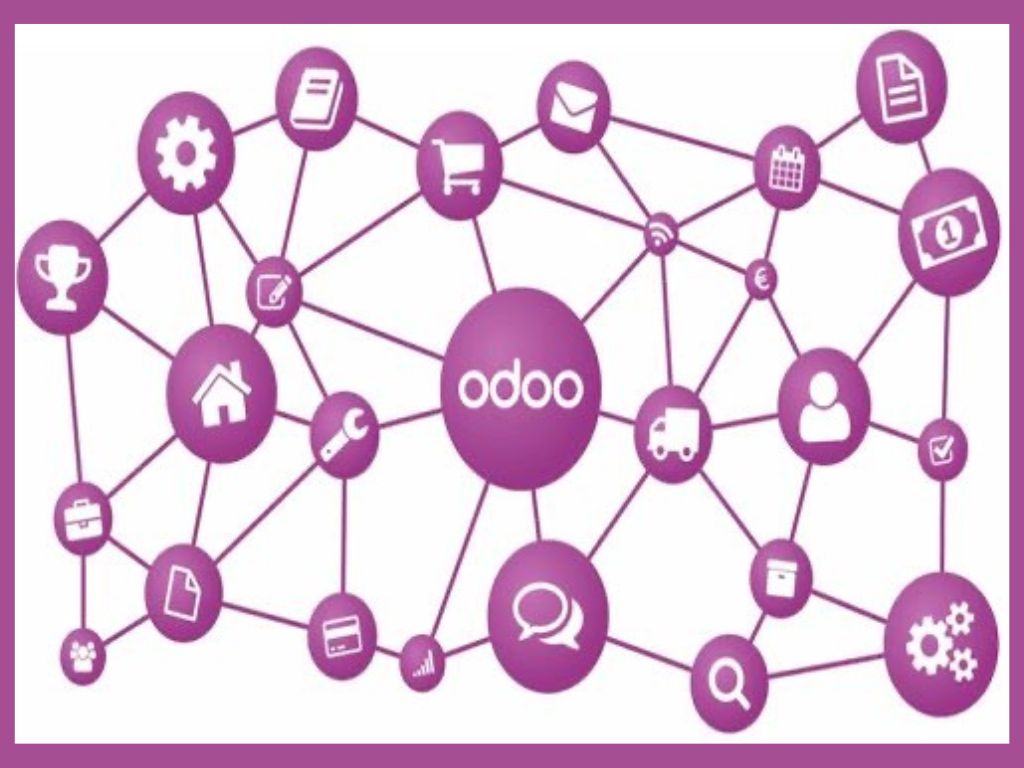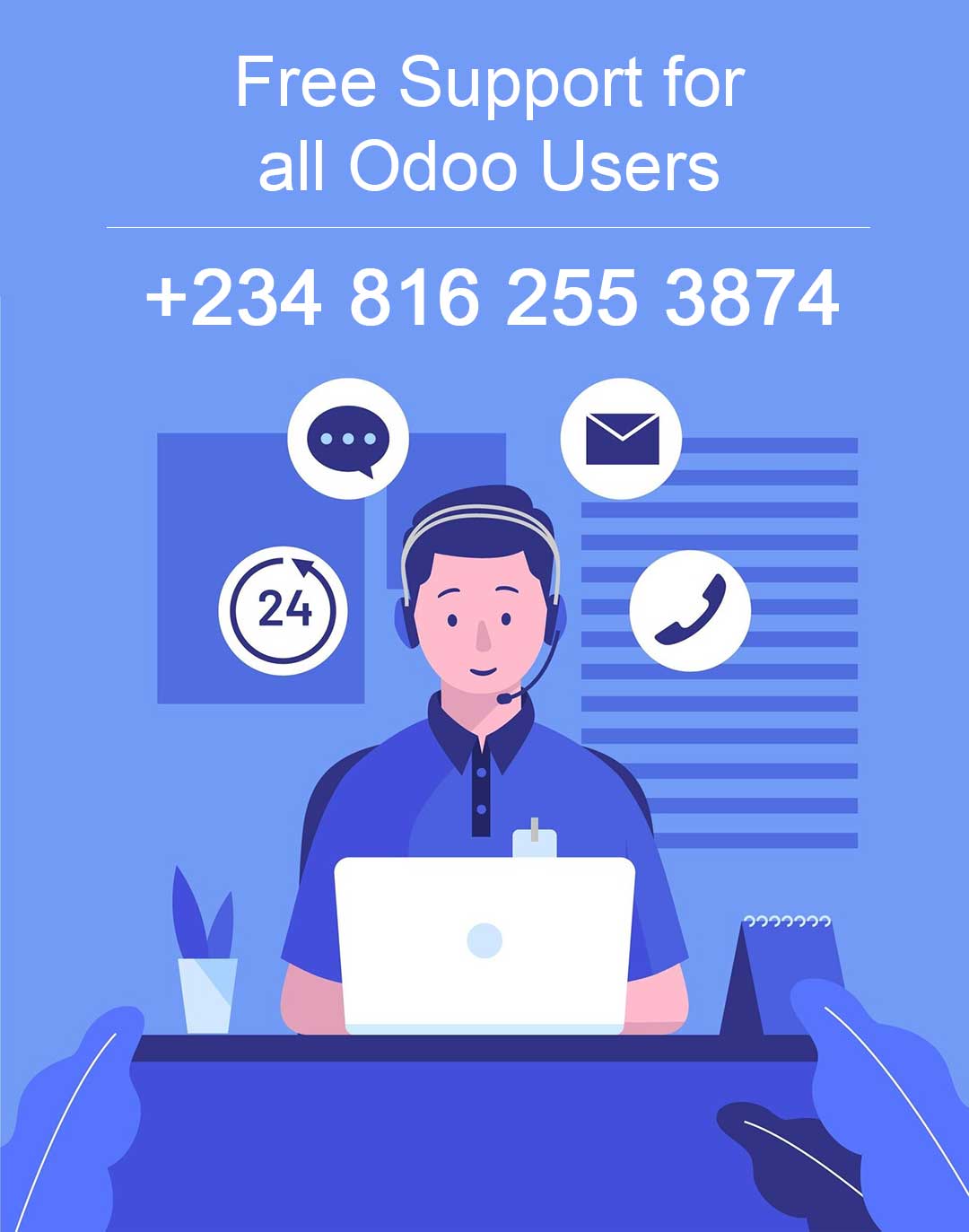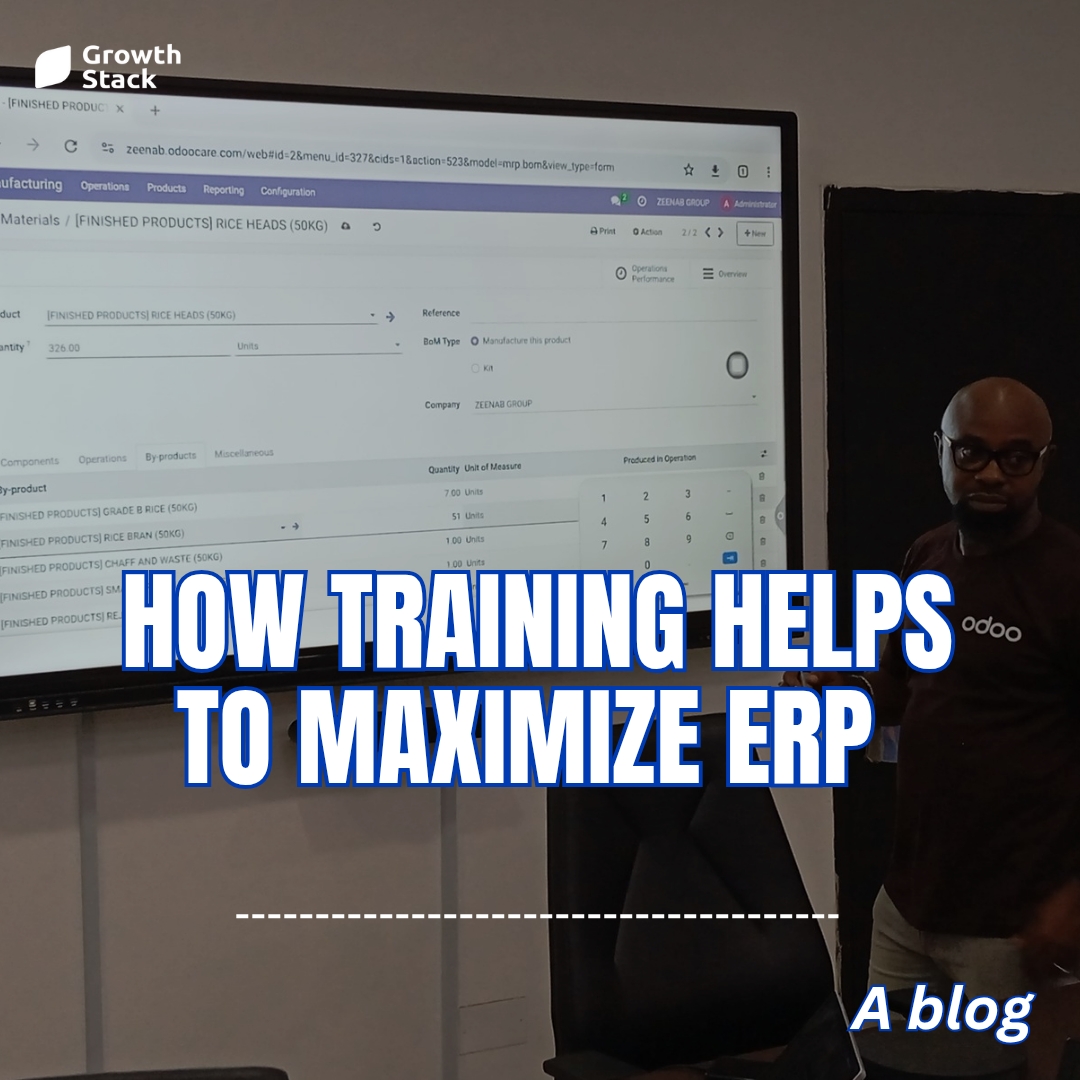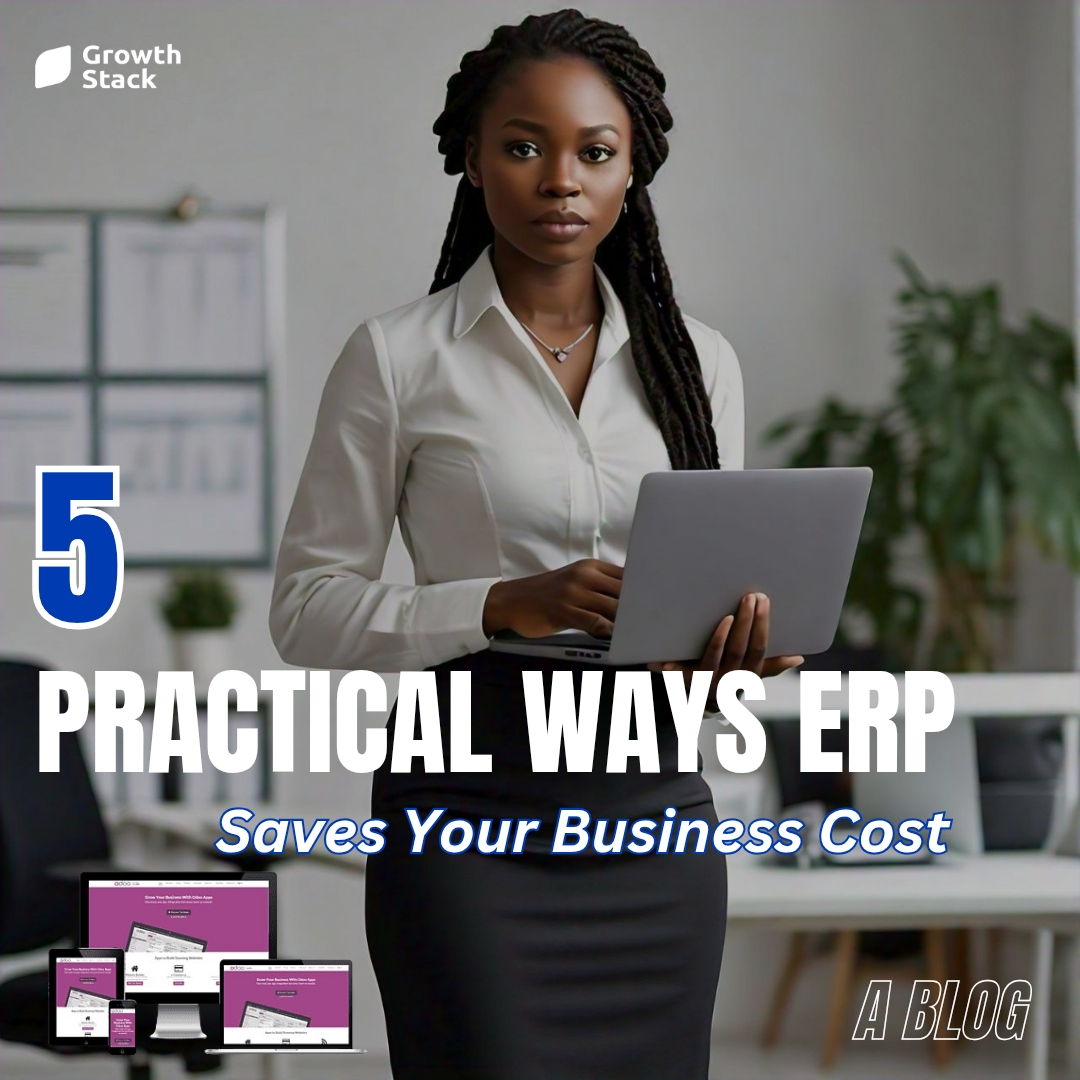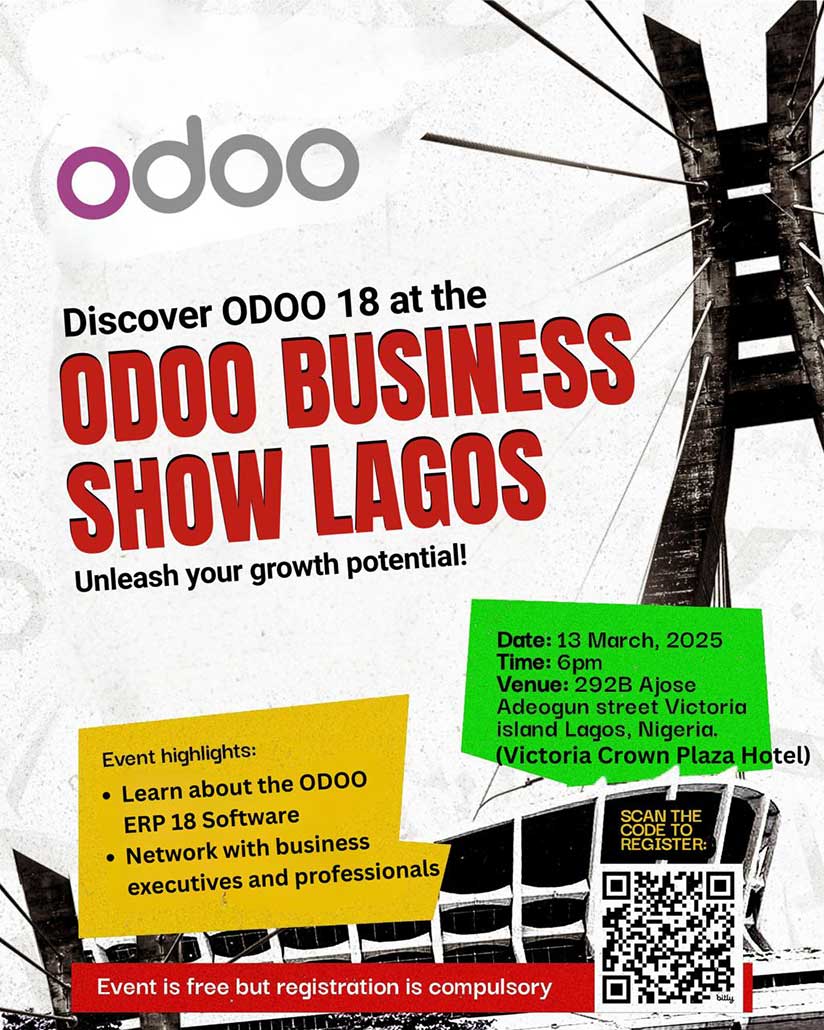Introduction:
Any organization’s human resources (HR) department plays a crucial role in managing the workforce, luring top talent, and fostering employee engagement. In the current digital world, HR departments must use an effective and integrated technology to expedite operations and boost productivity. HR-specific enterprise resource planning (ERP) solutions provide a full range of tools to optimize talent acquisition and workforce management. In this post, we’ll examine the advantages and features of HR ERP, emphasizing how it can revolutionize HR processes and unleash the full potential of your team.
ERP for HR offers a consolidated database for employee information, including contact information, employment history, performance reviews, and training documentation. By streamlining data administration and lowering the number of administrative duties and chances for mistakes, this central repository. Employees are also given the ability to access and update their own information through self-service portals, which lessens the administrative strain on HR and improves data accuracy.
Streamlined Recruitment and Onboarding:
ERP for HR improves the hiring process, allowing businesses to track applications, manage job ads, and quickly filter applicants. HR workers may connect with recruiting managers, maintain candidate profiles, and arrange interviews with the use of integrated applicant tracking systems (ATS). Automated workflows can help with easy onboarding procedures, providing a seamless transfer for new hires and increasing their engagement right away.Learning management systems (LMS), succession planning, and performance management are just a few of the sophisticated talent management features that ERP for HR offers. HR specialists are able to establish performance objectives, carry out regular performance evaluations, and spot high-potential individuals for future career chances. LMS modules make it possible to develop and implement training programs, ensuring that workers have access to the right learning materials to advance their expertise.
Analytics and Workforce Planning:
ERP for HR offers strong analytics and reporting tools to help strategic decision-making. HR experts are able to examine worker data, spot patterns, and predict future employment requirements. The proactive workforce planning made possible by this data-driven methodology guarantees that the business has the personnel needed to meet its growth goals. Additionally, employee engagement, departure rates, and productivity are all examined by HR analytics, allowing for focused workforce performance improvements.
Employee Engagement and Performance:
HR ERP provides solutions to boost performance and encourage employee engagement. Modules for performance reviews give managers the ability to create objectives, monitor results, and give frequent feedback to staff. To recognize and reward employee accomplishments and promote a healthy work environment, recognition programs can be put into place. ERP for HR supports a culture of continuous improvement by encouraging transparency and open communication and inspires workers to realize their full potential.HR departments are required to abide by a number of labor laws, regulations, and reporting requirements. ERP for HR automates procedures like payroll, benefits administration, and time tracking to assist businesses in maintaining compliance. ERP ensures accurate and timely compliance, lowering the risk of fines and legal challenges, by integrating with payroll systems and storing current regulatory information.
ERP for HR can effortlessly interact with other systems, including those for payroll, finance, and project management. By removing the need for manual data entry and ensuring data integrity across departments, this connection improves overall efficiency while lowering errors. Real-time reporting and analysis through integration also allows a comprehensive perspective of business operations and supports data-driven decision-making.
In conclusion, ERP for HR gives businesses the tools they need to improve workforce management, entice top talent, and boost employee engagement. ERP solutions improve HR processes and help the entire organization succeed by centralizing employee data, speeding hiring and onboarding, enabling talent management, and offering analytics capabilities. Businesses may utilize technology to the fullest extent by implementing an ERP solution designed for HR, eventually maximizing the potential of their employees.
